Is Negative Self Talk Holding You Back?
Posted on February 1, 2012 by Debra Burdick
Is Negative Self Talk Holding You Back?
by Debra Burdick, LCSW
 What is ‘negative self talk’? Negative self talk is a pattern of talking to yourself either out loud or inside your head that consists of statements that are not only negative but usually inaccurate and self defeating. Negative self talk stems from negative thinking and is experienced by most people at some times but is more commonly experienced by people who suffer from depression and ADHD. It is usually done subconsciously and automatically.
What is ‘negative self talk’? Negative self talk is a pattern of talking to yourself either out loud or inside your head that consists of statements that are not only negative but usually inaccurate and self defeating. Negative self talk stems from negative thinking and is experienced by most people at some times but is more commonly experienced by people who suffer from depression and ADHD. It is usually done subconsciously and automatically.
People usually develop this pattern from how they experience their world starting in early childhood. We are not born with these negative thoughts. Negative self talk is something we learn to do. It is particularly common in people with ADHD because they get many negative messages from their family, teachers, and friends due to their symptoms of ADHD. This might be when they have trouble sitting still, concentrating, getting things done on time, or remembering to do things.
Daniel Amen calls these negative thoughts ‘Automatic Negative Thoughts’ or ‘ANTs’ for short. He then categorizes these thoughts into ANT species. These species include always/never thinking, focusing on the negative, fortune-telling, mind reading, thinking with your feelings, guilt beating. labeling, personalizing, and blaming. These are based on the theory of Cognitive Behavioral Therapy (CBT).
An example of ‘always/never’ thinking might be when you tell yourself you never finish anything on time. You get a new assignment at school or work and you immediately tell yourself you will never get it done on time. You begin to feel overwhelmed, frustrated, and worried before you even start to work on the assignment. This becomes self defeating.
How can you stop negative self-talk? The first step is to become aware of it. It is impossible to change anything if you are not aware you are doing it. You need to catch yourself when you have a negative thought and address it right away. If a negative thought is not challenged your mind will believe it and your body will react to it.
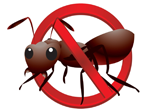 Once you are aware of a negative thought (ANT) you can use strategies that work to ‘kill the ANTs’. When you first notice an ANT, write it down and then talk back to it. Transform the negative thought into a thought that FEELS better. In the example above, tell yourself that although you know you sometimes have trouble getting things done on time, that you have succeeded in the past and you will use all the skills you have learned that help you get organized and stay on track this time. Doesn’t that feel better? It will also help you succeed much more effectively than the negative thought it replaced.
Once you are aware of a negative thought (ANT) you can use strategies that work to ‘kill the ANTs’. When you first notice an ANT, write it down and then talk back to it. Transform the negative thought into a thought that FEELS better. In the example above, tell yourself that although you know you sometimes have trouble getting things done on time, that you have succeeded in the past and you will use all the skills you have learned that help you get organized and stay on track this time. Doesn’t that feel better? It will also help you succeed much more effectively than the negative thought it replaced.
The replacement thought must be something you can believe. It must be realistic but more positive than the negative thought. In the example above if you replace the negative thought about getting the assignment done on time with a thought such as ‘I don’t have to worry because I always get things done on time’, you won’t believe this thought because you know it isn’t true. It therefore won’t work to kill the ANT and it certainly won’t make you feel better.
Negative self talk can happen at any age. A nine year old client with ADHD was an expert at saying he was ‘stupid’. This species of ANT is labeling. He would be given a task and before he even attempted to do it he would give up and say he couldn’t because he was stupid. He became very easily frustrated because he thought he should know how to do everything without having to learn how first. In fact he was a very bright student who was on par or ahead of his peers. His own self perception was incorrect. His frustration level decreased when he started to be aware of his negative self talk. When it happened he started telling himself things like ‘Even though I am afraid I am stupid because I don’t know how to do this task, I will be patient with myself while I learn it. I have already learned so much, I am sure I will be able to figure out how to do this, too. And I will ask for help if I need it.’
An adult client with ADHD had trouble getting anything done around the house. Her negative self talk consisted of statements like; I will never get all this stuff done (always/never thinking); My kids will hate me because I never get their laundry done (fortune telling); My friends must think I’m crazy (mind reading); I’m so stupid I can never get dinner ready on time (labeling and always/never thinking); I’m always late no matter what I do or where I go (always/never thinking).
She started to write down her negative self talk statements and was amazed at how negative they were. She believed them, too after a lifetime of reinforcing them. She began to focus on the things she did complete on time. She started to replace the negative with more positive, but true, statements. Here are some examples. Although I often struggle with getting things done on time, I do finish a lot of things especially when I use strategies that help me stay organized. Even though I worry that my friends think I’m crazy I actually have some really close friends who often invite me to spend time with them. Although I get easily distracted when I’m cooking, I am a great cook and my family loves everything I serve for dinner. She began to notice and value her strengths. Her chronic sense of overwhelm and frustration decreased dramatically along with her negative self talk.
Action:
Notice negative thoughts (ANTs) when they occur. Write them down right away. You may be surprised how often they pop up.
Identify the type of thought – ANT species. Figure out what category of thought it is based on the list of ANT species above.
Kill the ANT. Replace the negative thought with a more positive, but realistic thought that feels better.
Practice focusing on the positives instead of negatives. For example, notice how long you do stay focused instead of how often you are distracted. Whatever you pay attention to increases.
I would love to hear your personal experiences with this topic.
Categories: ADHD, Articles, Depression

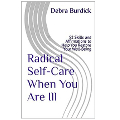

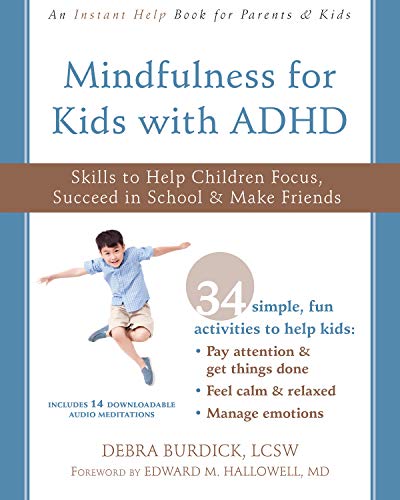
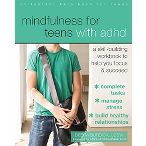
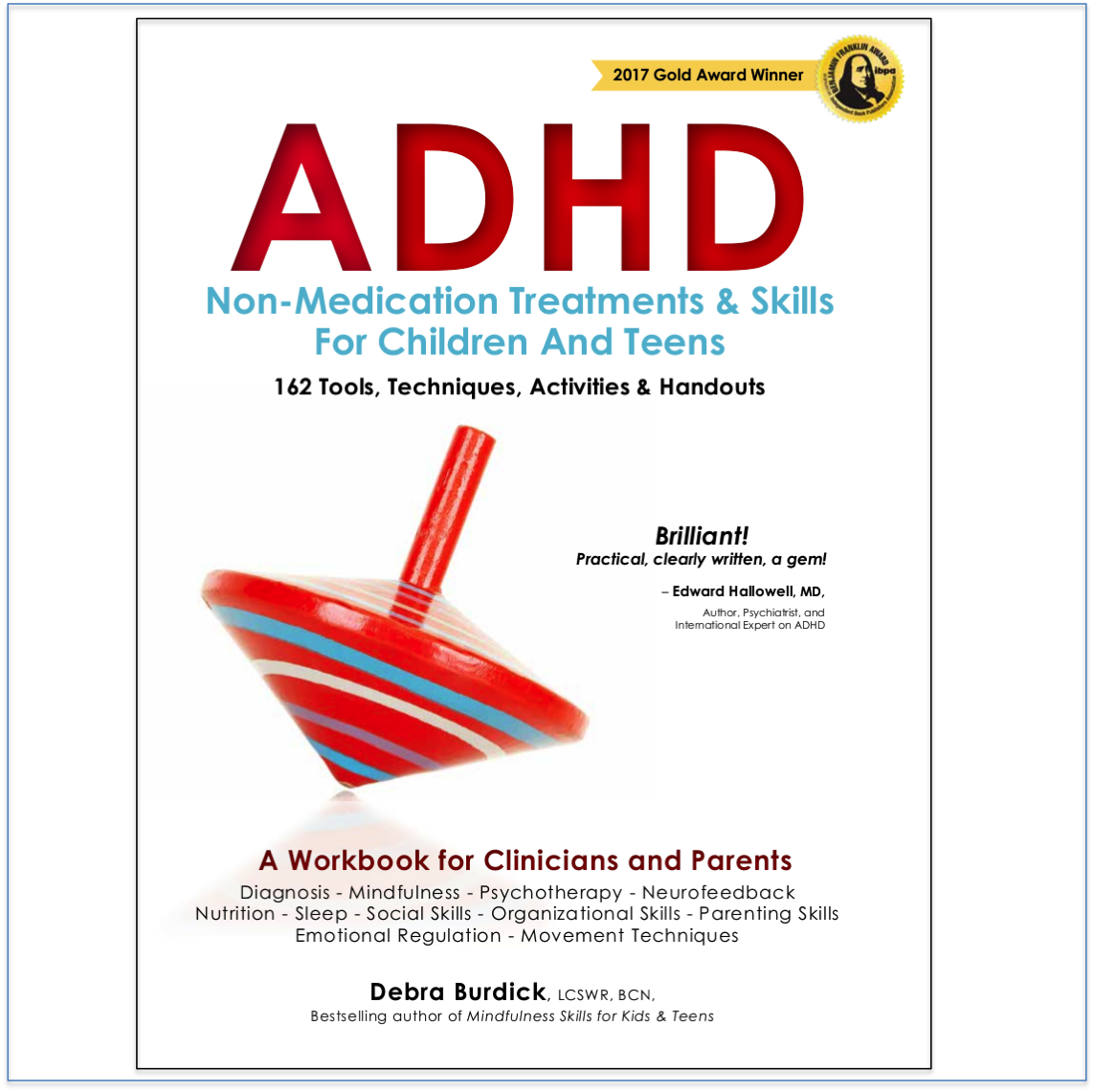
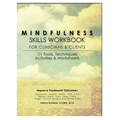
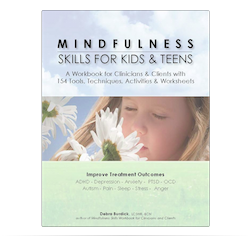
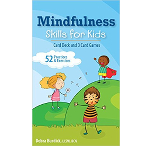
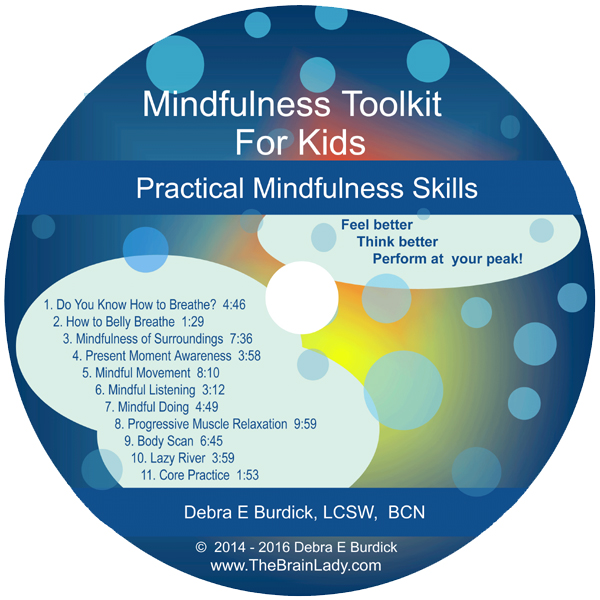
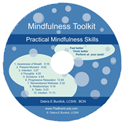
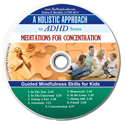
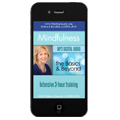

No comments yet. You should be kind and add one!
The comments are closed.